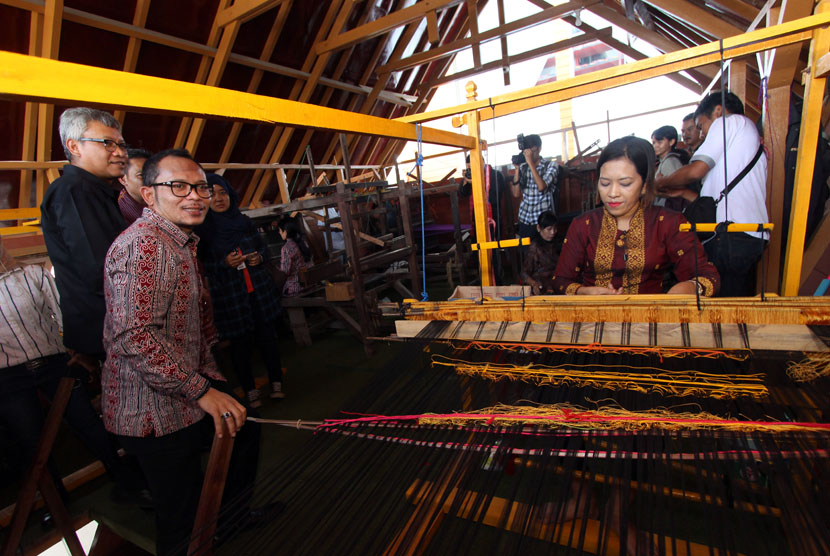REPUBLIKA.CO.ID, JAKARTA -- The ban on sending domestic workers to the Middle East will not be lifted, Manpower Minister Muhammad Hanif Dhakiri affirmed.
In a press statement by the Public Relations Department of the Manpower Ministry, Dhakiri noted that the issue of the overseas placement of domestic workers would not be discussed during his visit to several Middle Eastern countries.
In May 2015, the government had decided to stop sending Indonesian migrant workers to 21 countries in the Middle East as part of a policy to protect its workforce, who were mostly women, engaged in the informal sector.
The policy was intended to offer better protection to migrant workers and to encourage their placement in the formal sector.
"We should transform Indonesian migrant workers to professional workers to meet the requirements of the labor market in the country and abroad. In future, they should possess both hard and soft skills," he emphasized.
The minister was scheduled to visit Saudi Arabia, Qatar, and the United Arab Emirates as part of a tour on May 22-28, 2016.
The minister will meet the labor authorities, investors in the field of vocational training, and other relevant stakeholders, including Indonesian workers.
Manpower Minister Muhammad Hanif Dhakiri had earlier stated that the execution of two Indonesian migrant workers --- Siti Zaenab and Karni --- in Saudi Arabia was one of the deciding factors while formulating the policy.
"The situation concerning our migrant workers, who were employed as domestic helpers, has led to several problems, including those related to labor norms and human rights violation," he pointed out.
The minister has identified that migrant workers in Middle Eastern countries did not receive adequate protection, especially when one took into account the local culture, which further complicated the protection mechanism.
"According to the law, the government has the right to halt the placement of migrant workers in particular countries if it believes that their employment will not uphold human values and the dignity of the nation," Dhakiri stated.
The Indonesian government will no longer send migrant workers engaged in the domestic sector to 21 countries in the Middle East: Algeria, Saudi Arabia, Bahrain, Iraq, Iran, Kuwait, Lebanon, Libya, Morocco, Mauritania, Egypt, Oman, Pakistan, Palestine, Qatar, South Sudan, Syria, Tunisia, the United Arab Emirates, Yemen, and Jordan.
Furthermore, the minister explained that the government was compelled to implement "the hard policy" for Middle Eastern countries due to the presence of a culture wherein the employers had stronger rights than labor agreements and regulations.
"This culture often leads to migrant workers becoming highly dependent on their employers. It also weakens their position and affects their working conditions and lives," he explained.



